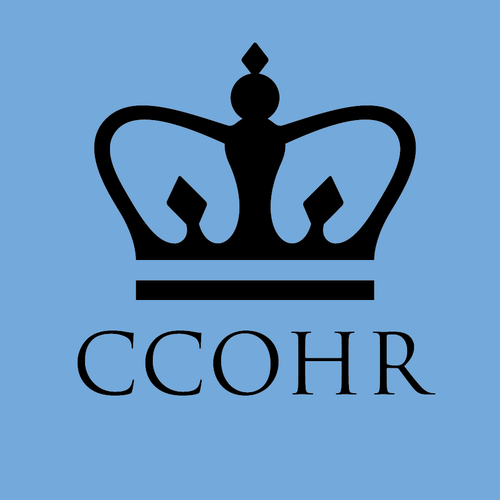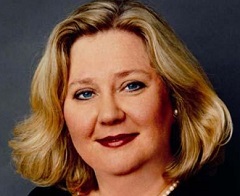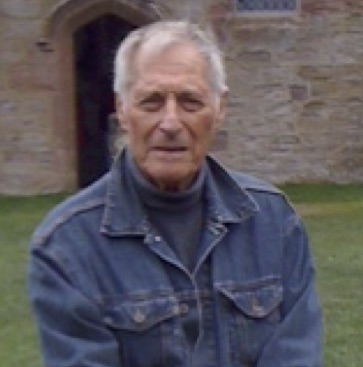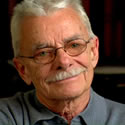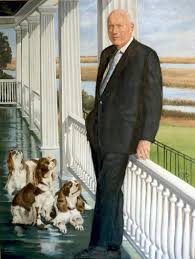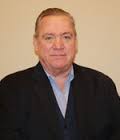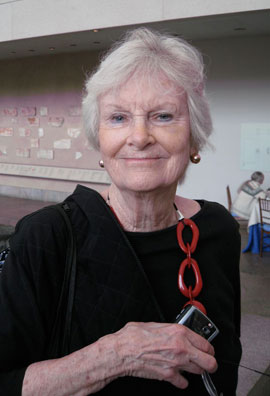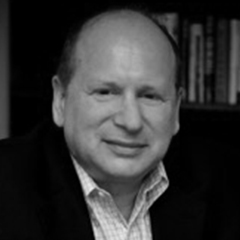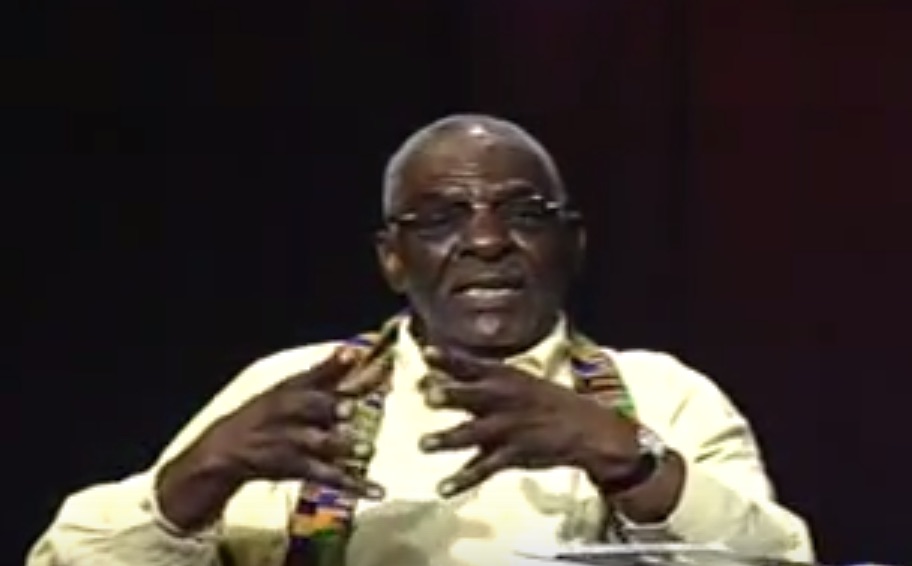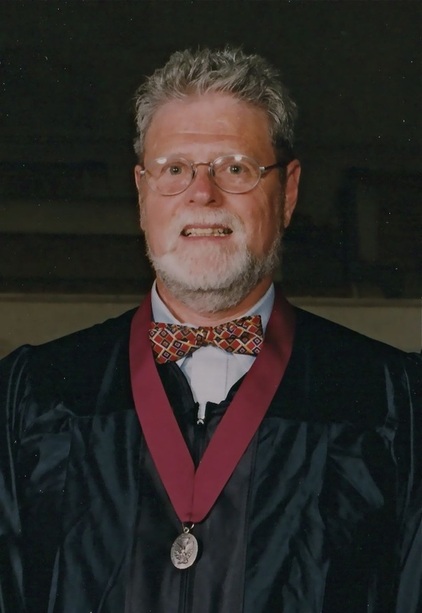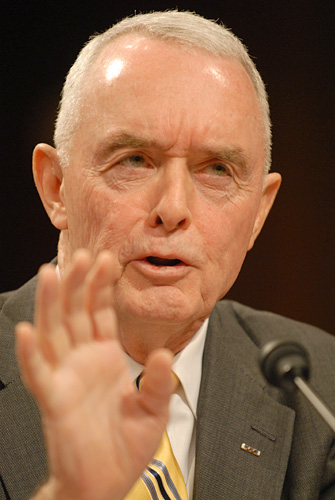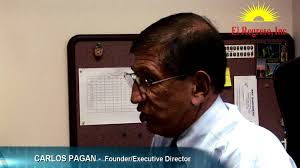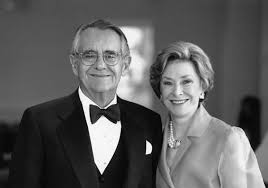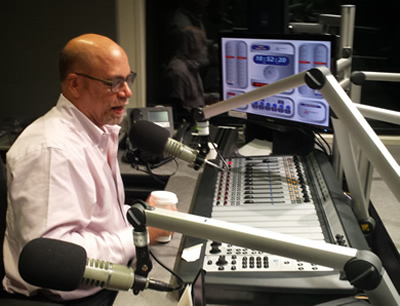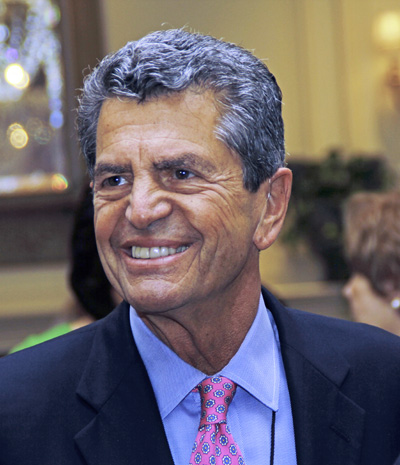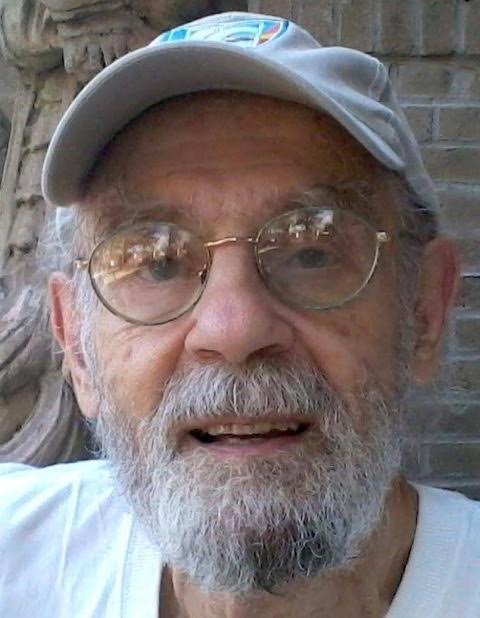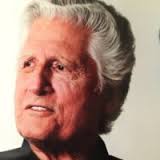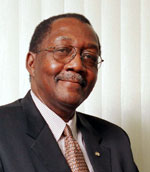“It takes, first of all, a lot of transparency. There can be no secrets in such a community. So, the place you get the most privacy is where you sleep. But there are no private rooms. There are doubles, there are quads, there are sixes, whatever it is. That’s by design, because there’s a peer thing going on. You can sleep behind closed doors, you can go into a toilet behind closed doors. Everything else is transparent. When you go through—if you go to the Phoenix Career Academy on Jay Street, for instance, which is a pretty good example, everything is glass. Interaction between the floors, everything—you can hear, you can see. That’s deliberate.”
Biography: Born and raised in Brooklyn, Conrad Levenson attended architecture school and eventually opened his own practice. Circumstances and changing realities of New York City in the late 1960s changed the focus of his firm to low-income housing. Levenson was introduced to Phoenix House through the acquisition of the Riverside Plaza Hotel. Conrad helped design the renovation of the space, and then went on to serve Phoenix House in the acquisition and renovation of other properties, most notably the Yorktown facility. He remained in private practice until, in 1991, he joined Phoenix House as the in-house architect and agency-wide buildings manager. He remained at Phoenix House until 2008.
Keywords: Phoenix House; New York City; Columbia College; Columbia Architecture School; Russia; immigration; Judaism; Manhattan Valley; Phipps Houses; Crotona Park; The Bronx; low-income housing; social services; The Riverside Plaza Hotel; The Baldwin School; therapeutic community; built environment; hospital; architecture; architectural design; Yorktown; Long Island City; sweat equity; Belle Terre; Venice Beach; Career Academy; Prospect Place; Mitchell Rosenthal; Ronald Coster; Kevin McEneaney


